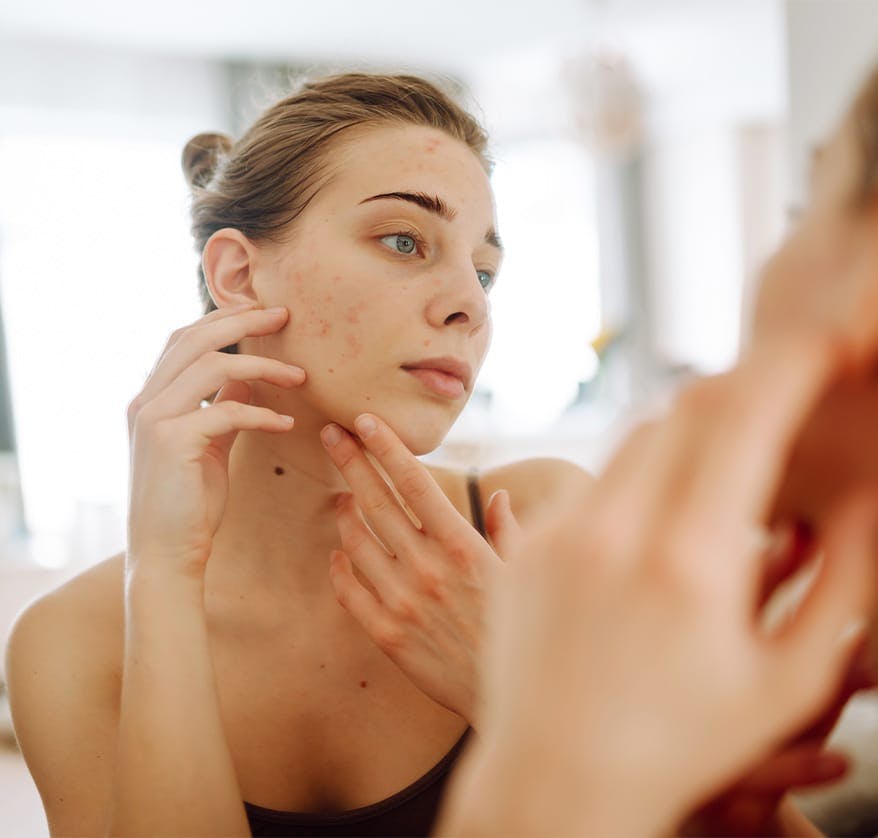Affecting 40 to 50 million Americans, acne is the most common skin condition in the United States.
Acne is a common skin condition that affects millions of people worldwide, regardless of age or gender. It occurs when hair follicles become clogged with oil, dead skin cells, and bacteria, leading to the formation of whiteheads, blackheads, pimples, or more severe lesions like cysts. While it is most commonly associated with teenagers due to hormonal changes, acne can affect anyone. Beyond its physical appearance, acne can impact emotional well-being and self-esteem. Fortunately, advancements in dermatology offer a wide range of treatment, making clearer skin achievable for virtually everyone.




